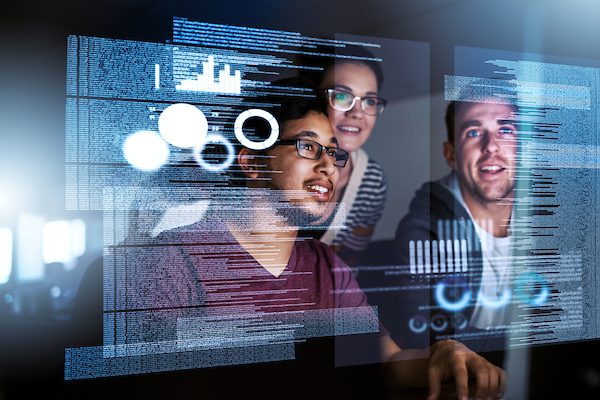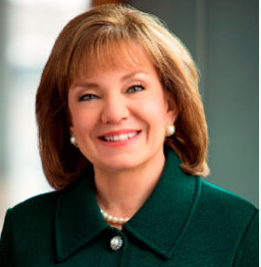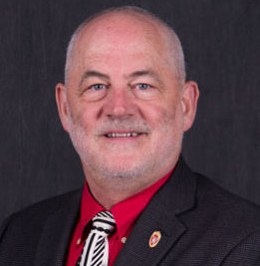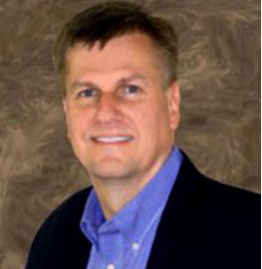
As technology continues to transform higher education’s approach to teaching and learning, everybody wonders: What’s next and how to prepare? The Distance Teaching & Learning Conference will help answer that question with a session called “The Next-Generation Digital Learning Environment Is Closer Than You Think: Are You Ready?”

The term “next-generation digital learning environment” comes from an EDUCAUSE report that explores the gaps between current learning management tools and a digital learning environment that might better meet higher education’s changing needs. Such a system would incorporate interoperability, personalization, analytics, advising, learning assessment, collaboration, accessibility, and universal design.
“Next-generation digital learning environments will empower universities to become virtual gateways to continuous education and collaboration, through which learners of all ages and stages in life may move in and out at different times, from different locations, and for different purposes to support the lifelong learning needs of today’s workforce,” says panelist Susan Aldridge, senior vice president for online learning at Drexel University and president of Drexel University Online.
Does that sound like a far-off dream? As the session’s name indicates, a next-generation digital learning environment is closer than you think. Indeed, panelist Bruce Maas says it’s already in the design stage.
“We need active engagement of the entire education sector, and partners, to accelerate its development,” says Maas, former University of Wisconsin-Madison chief information officer and vice provost for information technology.

One way to start actively engaging is to attend this session at the Distance Teaching & Learning Conference, hosted by the University of Wisconsin-Madison on July 25-27.
The conference helps educators stay on top of emerging technologies and state-of-the-art teaching practices that improve outcomes for learners. It attracts college faculty and administrators, instructional designers, researchers, private-sector and government trainers, and vendors of new technologies and services. Participants can choose from more than 170 sessions, network with colleagues, and learn evidence-based strategies from experts in the field.
The student experience
Panelist Rob Abel points out that current online learning environments and management tools focus primarily on the course experience. The next-generation digital learning environment, by contrast, will focus more on the student experience.

“The next-generation digital learning environment provides a widened scope of resources, tools, and services that can be utilized by faculty, but it also gives students a more holistic view of their progress and avenues to seek advice and help,” says Abel, chief executive officer of the IMS Global Learning Consortium. “Institutions could choose to deliver courses in a similar manner to today, or they could choose to organize the program experience according to achievement of micro-credentials, breaking each course into finer grained pieces that could be experienced in a more personalized manner.”
If students will have more control over their learning experience in a next-generation digital learning environment, where does that leave instructors?
“Faculty’s role will change from the conventional ‘sage on the stage’ to one that is far more ‘guide on the side,’” says Aldridge.
For more information about the Distance Teaching & Learning Conference, see here or contact director Les Howles, les.howles@wisc.edu, 608-265-9753; or conference manager Kimary Peterson, kimary.peterson@wisc.edu; 608-265-4159.